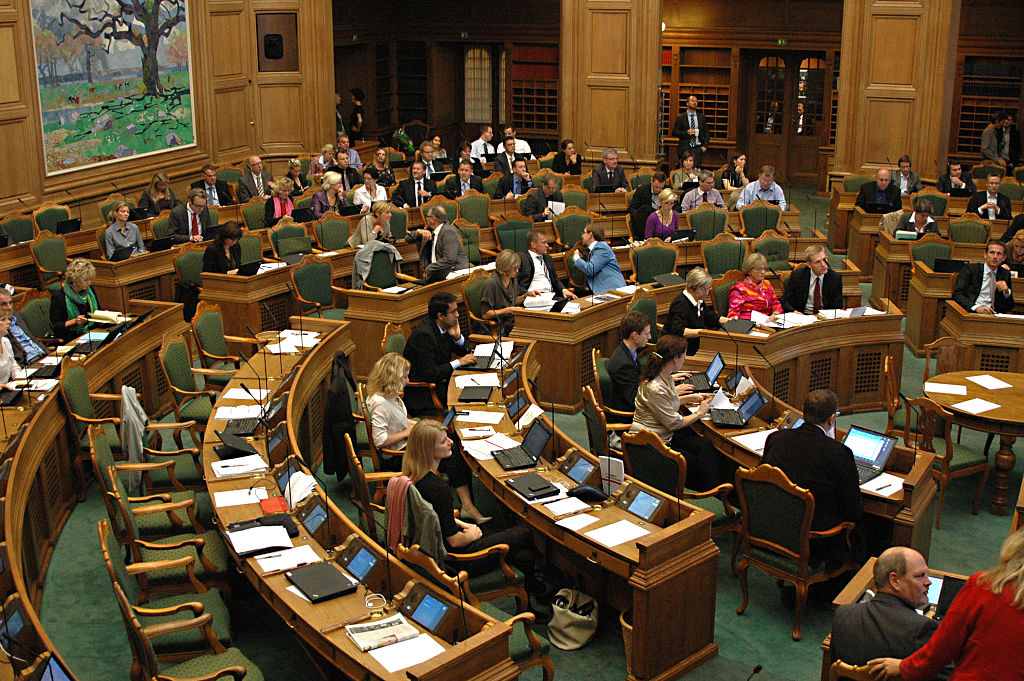Major Danish grocery chains and the Danish Consumer Council have launched a campaign to encourage Danes to eat more beans and less meat to achieve the country’s Green ambitions.
“Beans are a simple way to take small steps towards a less climate-damaging everyday life,” argued Claus Krogh, head of corporate affairs in Lidl Denmark.
The campaign aimed to inspire Danish families to replace meat by teaching them an easy recipe: a bean burrito.
“Danes will be bombarded with a bean burrito recipe and matching offers” said Winni Grosbøll, director of the Danish Consumer Council, Tænk.
A bean burrito recipe would be available in shops of the nine grocery chains, and in promotional leaflets, apps, and on social media.
The Danish Consumer Council hoped to help Danes adopt new plant-based eating habits by introducing Danes to the single new dish including beans.
“We know that Danes want to incorporate climate into their daily cooking, and three out of four families with children also indicate that they will use beans to a high or some extent in the coming time,” said Grosbøll.
However, “we can also see that it is difficult for many, especially families with children, to rethink their everyday meals”, Grosbøll acknowledged.
Part of this difficulty stemmed from the fact Danish people often didn’t know what legumes were.
“If you ask Danes, there is confusion about what beans cover. Only a little over half know about chickpeas, kidney beans, lentils and white beans,” said the country’s Veterinary and Food Administration.
As a result, Danes on average ate only 2-5 grams of beans daily as opposed to the recommended 100 grams, said a report from the body.
Food consumption constituted much of the Danes’ climate footprint.
Consumption of food and beverage products accounts for almost 20 per cent of the average Dane’s consumption footprint, said a 2021 report from Denmark’s Green think tank Concito.
Global food production accounted for almost 30 per cent of global greenhouse gas emissions, it added.
“If we are to achieve the goal of the green transition, meat consumption must be significantly reduced over time, and instead we must get used to supplementing our everyday diet with other protein sources that are less burdensome for our planet,” said Grosbøll.





